Sustainable Coffee Sourcing (Procurement)
Direct Trade & Fair Partnerships
Prioritize direct relationships with farmers (cutting middlemen), ensuring living wages and community investment such as health/education programs.
Use Fair Trade, Rainforest Alliance, or Organic certifications to verify ethical sourcing.
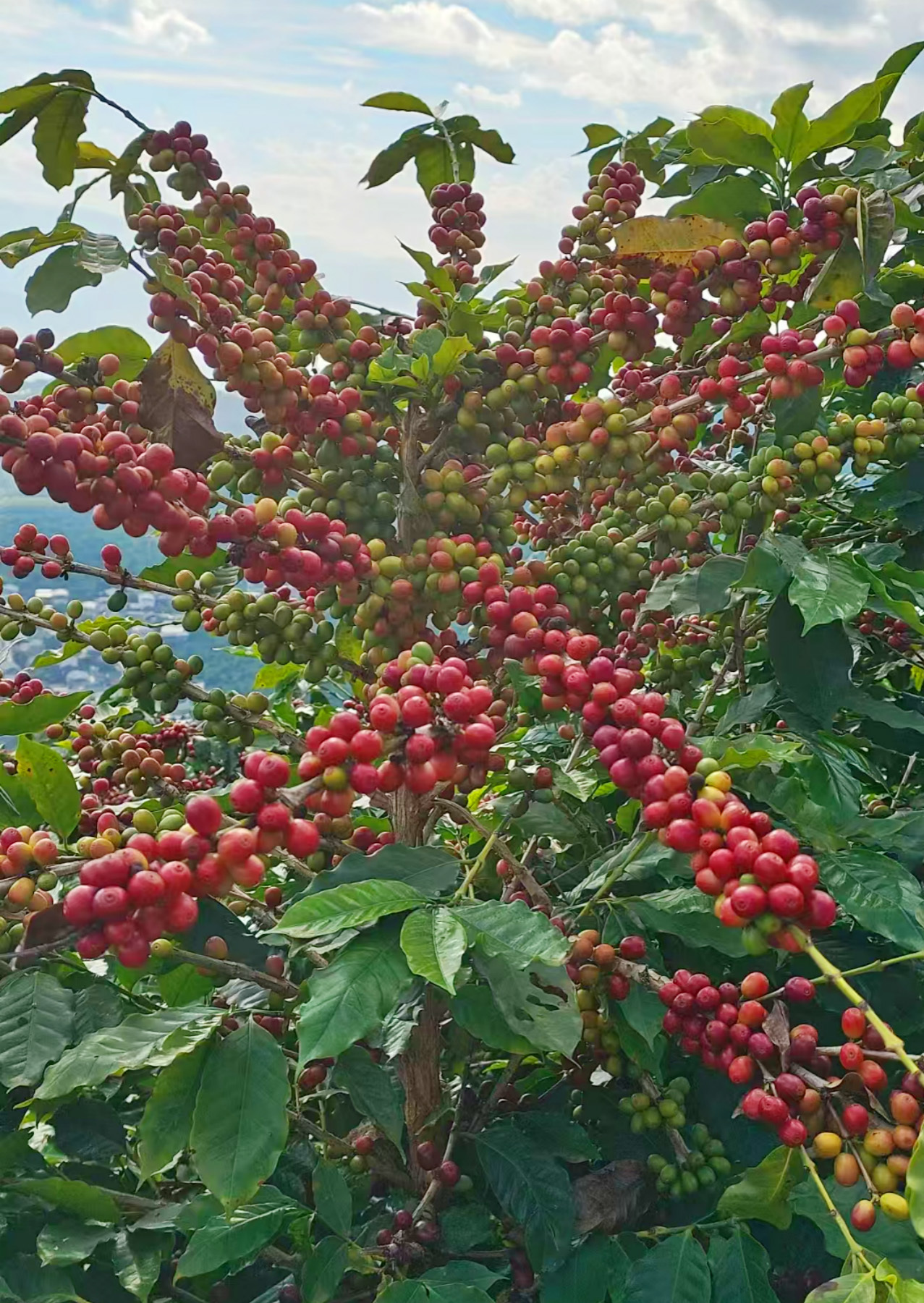
Shade-Grown & Agroforestry Coffee
Source beans from bird-friendly, shade-grown farms preserving biodiversity and reducing deforestation.
Support agroforestry models (coffee inter-cropped with native trees) to sequester carbon.
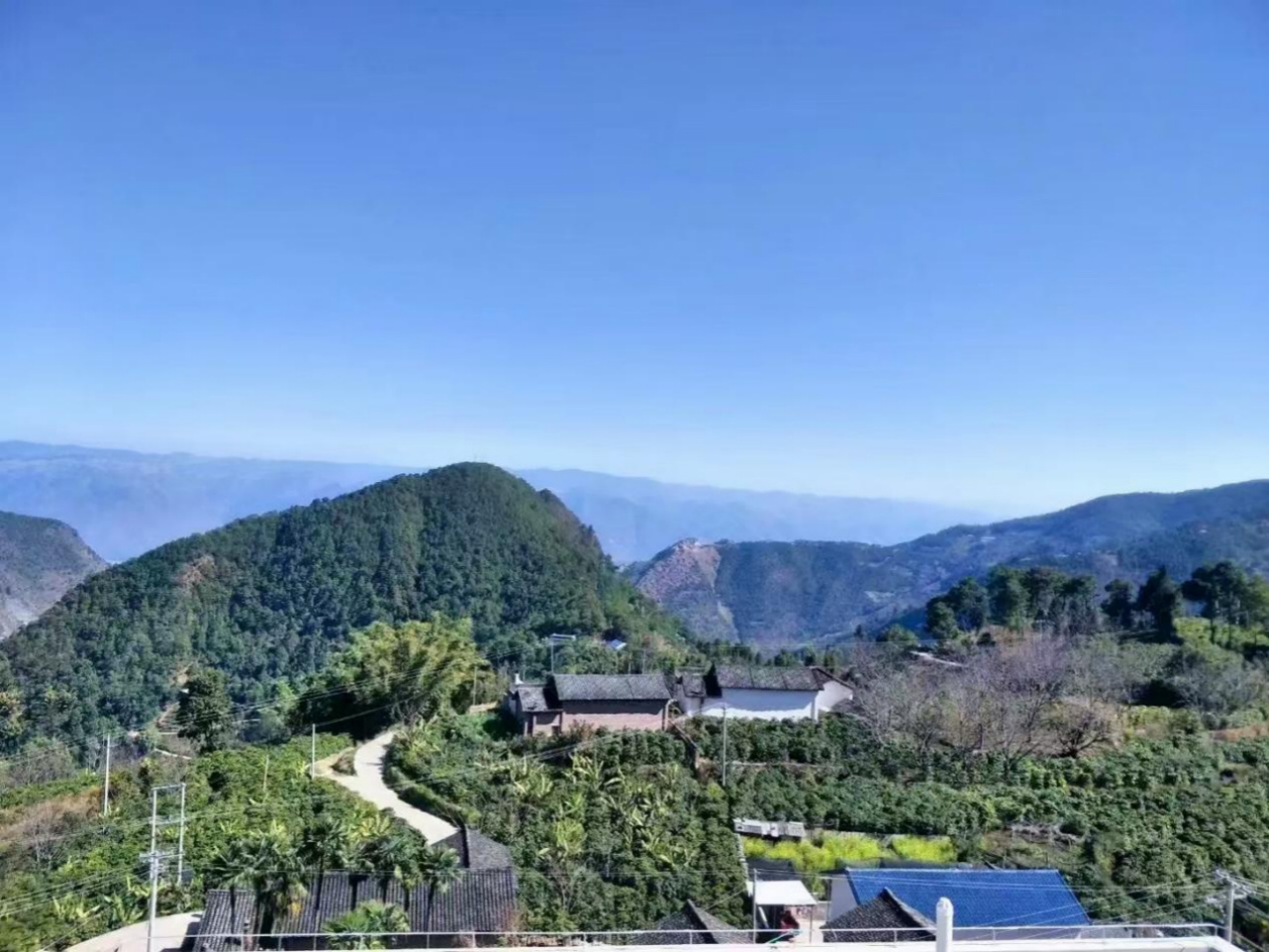
Climate Resilience
Partner with farms using drought-resistant coffee varieties and regenerative agriculture (cover crops, composting, no pesticides).
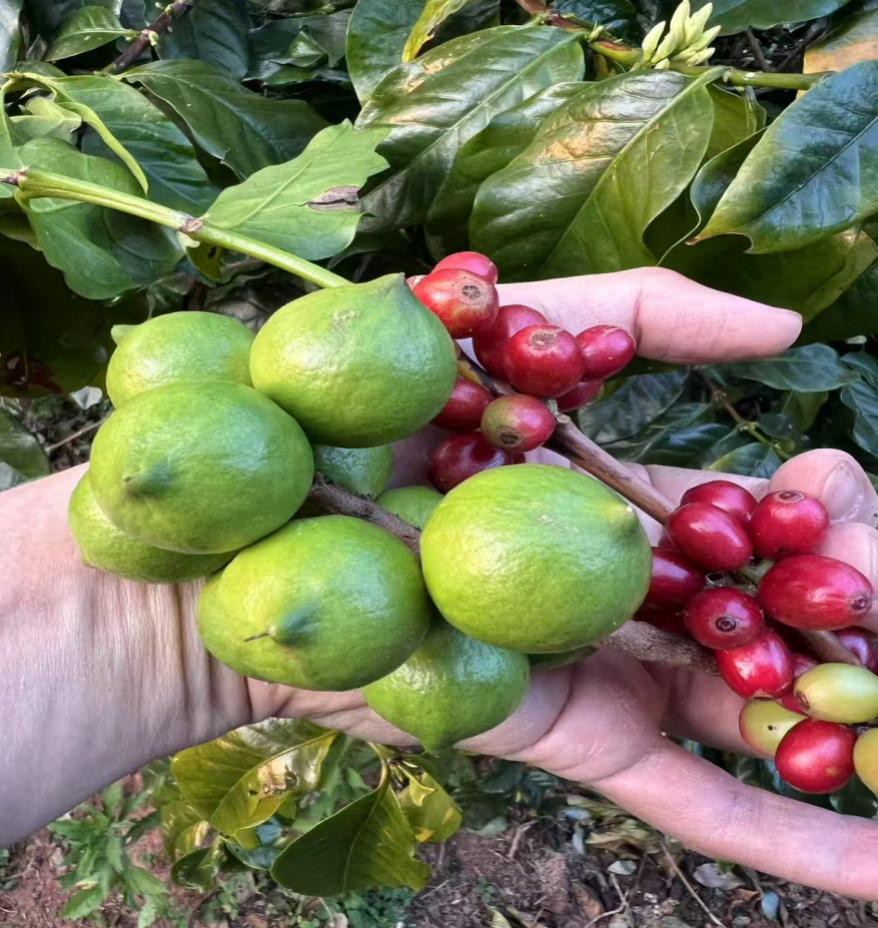
Eco-Friendly Processing
Water Conservation
Promote dry/honey processing where feasible to reduce water use.
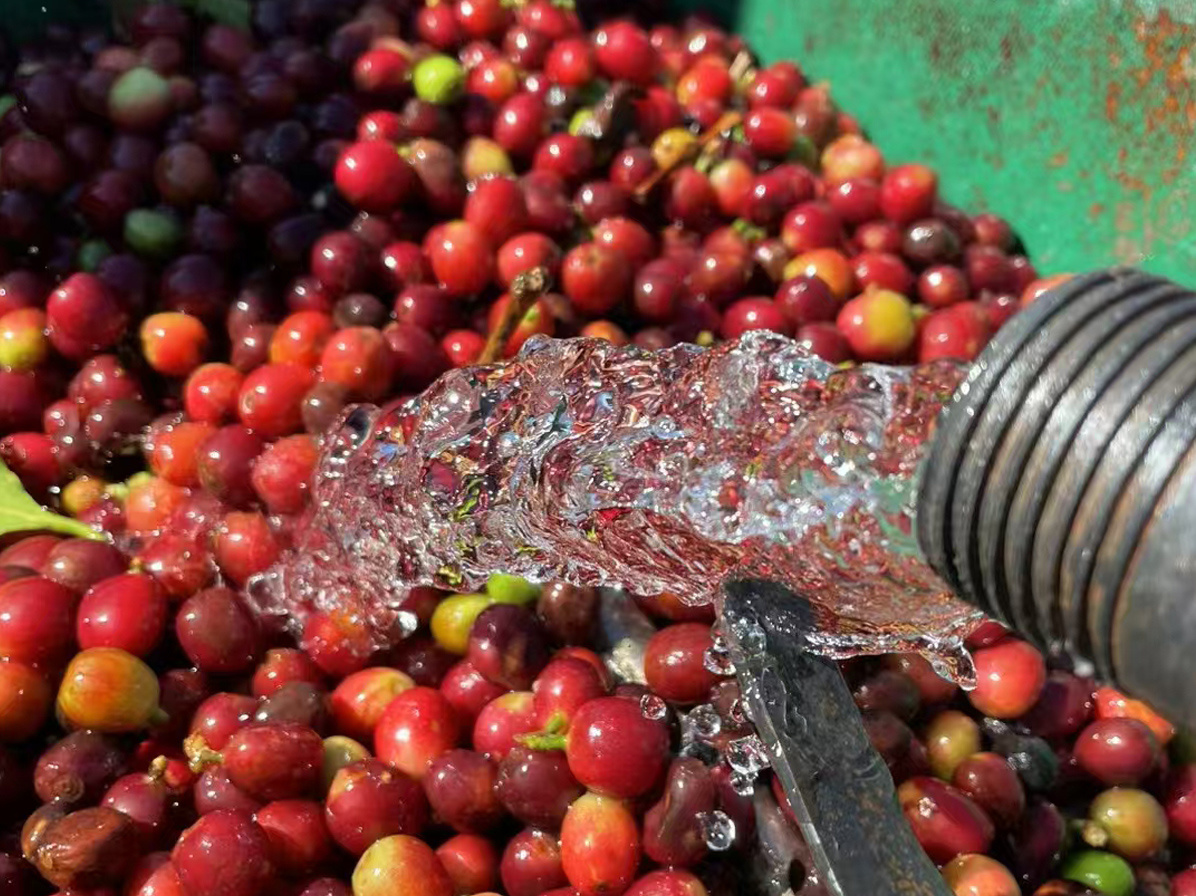
Renewable Energy in Production
Power roasting facilities with solar/wind energy.
Use energy-efficient roasters (e.g., PROBAT Roaster reduce emissions by 80%).

Waste Valorization
Repurpose coffee pulp as fertilizer, silver skin for baking flour, and husks for biodegradable packaging.
Convert spent grounds into biofuels or upcycled products (e.g., mushrooms cultivation).
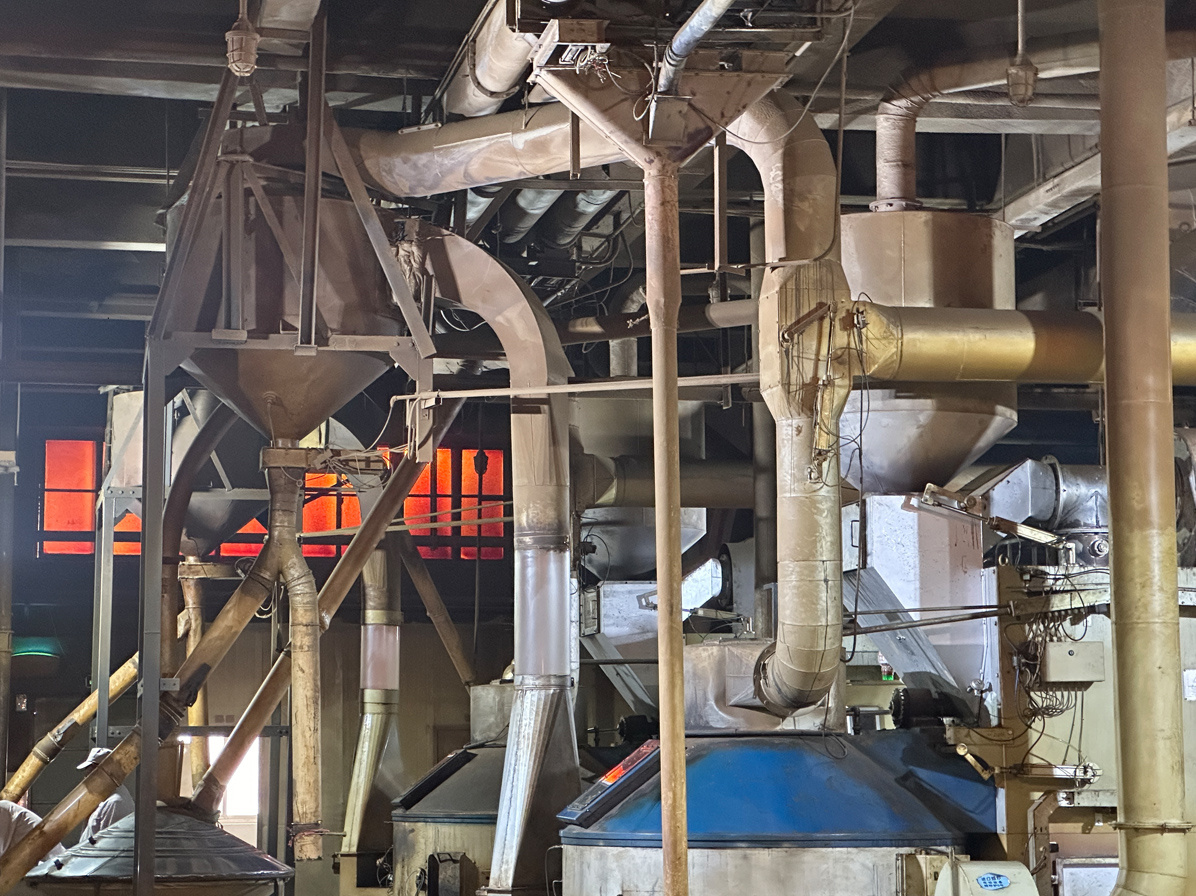
Sustainable Packaging & Logistics
Zero-Waste Packaging
Use home-compostable bags (e.g., PLA from cornstarch + plant-based valves).
Shift to reusable/refillable containers (e.g., glass jars with deposit schemes).

Carbon-Neutral Shipping
Optimize transport via sea freight (vs. air) and offset emissions via verified carbon credits.
Partner with green logistics providers (e.g., electric delivery fleets).


Social Responsibility
Allocate 1% of revenue to reforestation (e.g., partnering with One Tree Planted).
Fund women-led coffee cooperatives and youth farming training.






